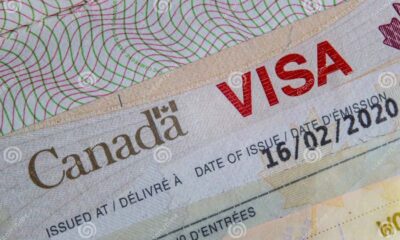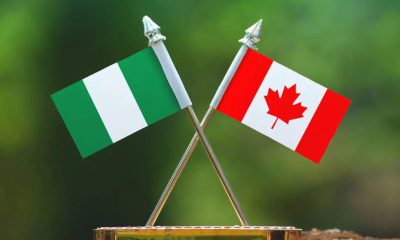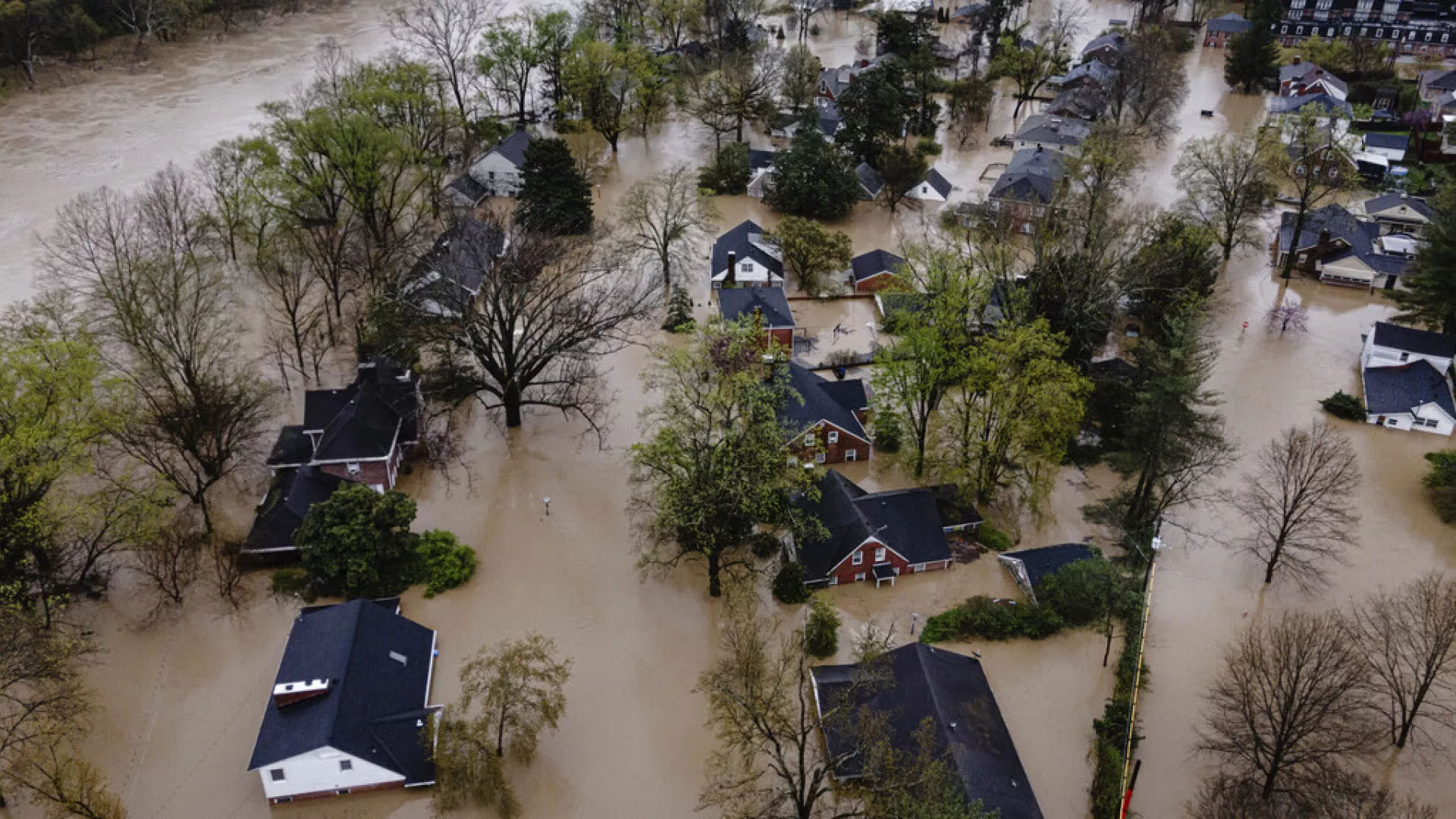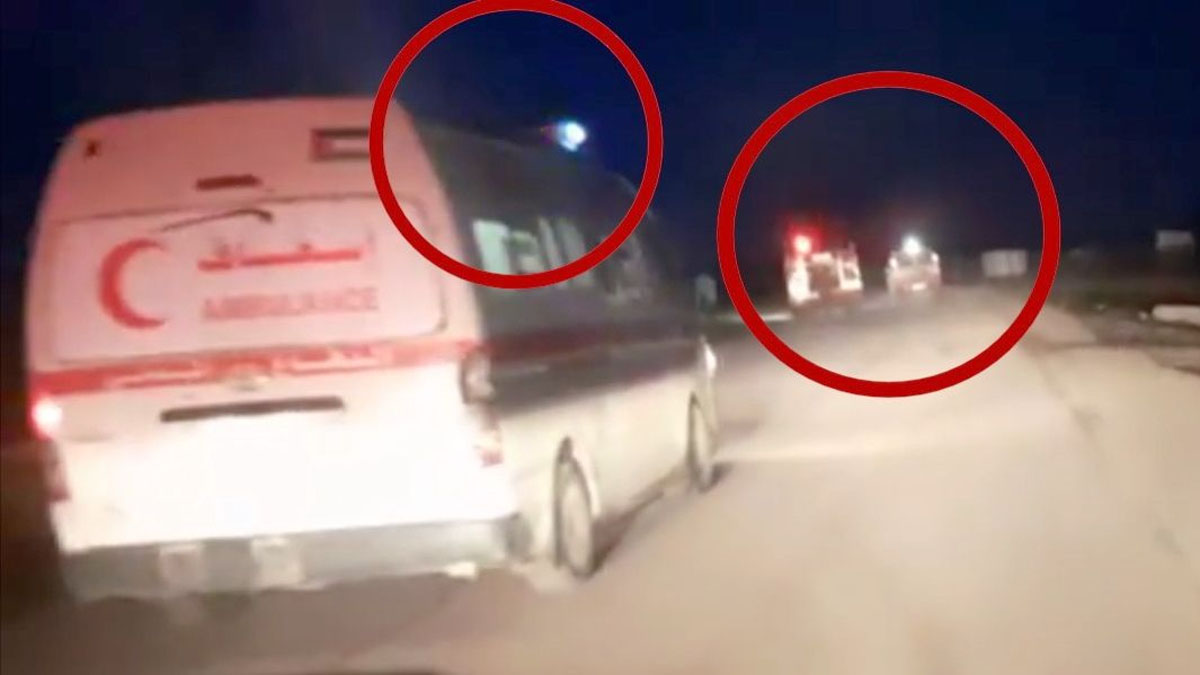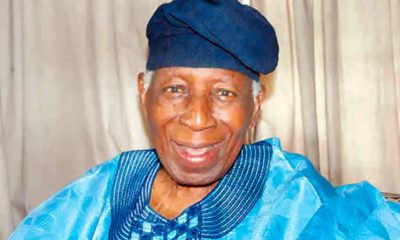Canada set to deport Nigerian family over fake university acceptance letter
A Nigerian woman, Lola Akinlade and her family are facing deportation from Canada after it was discovered that she used a fake university acceptance letter to secure a study and work permit.
Lola, who graduated from the Nova Scotia Community College in 2019, told CBS News she was unaware the letter provided by an agent in Lagos for the University of Regina in 2016 was fraudulent.
A few weeks before graduation, the international student from Nigeria received a letter from Immigration, Refugees and Citizenship Canada (IRCC).
It said one of the documents she had used to enter Canada in 2016 was a fake, and asked her to explain herself.
It’s a charge Akinlade said she knew nothing about before IRCC told her. She said the issue has left her and her family in Canada with no immigration status and little to fall back on if they return to Nigeria.
Akinlade said the realization that she had relied on a fake document to get her study permit left her devastated.
“That was the beginning of my trauma.”
Statistics released to CBC by IRCC, and the experience of people working in the field, suggest there could be many other international students in Canada in a similar situation.
Since IRCC began a new process to screen international student acceptance letters in December 2023, it has found more than 9,000 examples of fake letters, suggesting Akinlade’s case is far from unique.
Akinlade wants IRCC to reexamine her case, arguing she was a victim of a “rogue agent” who supplied her with a fake letter of acceptance to a Canadian school.
“Please look into my file,” she said. “I just want this to be sorted out.
READ ALSO:
Akinlade started thinking about studying in Canada in 2015. She was working for a pharmaceutical company in Lagos as a medical sales representative with a business administration degree from a Nigerian university.
She said at an office outside Lagos, she met with a man who said he worked as an immigration consultant and would guide her through the process of becoming an international student by applying for a master’s degree in business administration for her.
Akinlade said she did not discuss a particular university with the agent, and just explained that she wanted to study at a high-quality Canadian institution.
Akinlade said she gave the agent documents such as her passport and university transcripts, along with payment. Several months later, he gave her a study permit to enter Canada, plane tickets and an acceptance letter to the University of Regina.
Akinlade flew to Canada in late December 2016, thinking she would start classes in January 2017.
However, she said while she was stopped over in Winnipeg en route to Regina, she got a call from the agent, who told her there were no spaces available at the university and she’d have to go on a waitlist.
“I said my primary aim was to come here to study. I don’t want to be on the waitlist.”
Akinlade began to search on her own for a new school and a new program, and stayed with relatives in Winnipeg until she was accepted at the Nova Scotia Community College for social services for a September 2017 start.
She said she decided to switch to social services because it better aligned with the work she’d already done in the medical field.
Akinlade said she never contacted the University of Regina directly until two years later, when she received the letter from IRCC telling her the acceptance letter was a fake.
“I was kind of skeptical [after getting the IRCC letter] because I thought that wasn’t real, like a miscommunication or something,” she said. “So immediately I contacted [the] University of Regina.
“And that was when I learned the truth.”
Akinlade said since arriving in Canada she’s had little contact with the agent in Nigeria.
But CBC exchanged text messages with Babatunde Isiaq Adegoke, the agent Akinlade said she used to co-ordinate her Canadian university and study permit application.
Adegoke told CBC he guided Akinlade through the process of applying to enter Canada.
READ ALSO:
He agreed that he gave Akinlade the acceptance letter to the University of Regina. But he said the letter was given to him by a company called Success Academy Education Consult that he hired. He said it was located in the city of Ejigbo but has since moved to an unknown location.
He said he was surprised to learn the acceptance letter was fake, and he denied telling Akinlade she’d have to go on the waitlist at the University of Regina.
Adegoke told CBC he was no longer offering study permit services, he had no contact information for Success Academy Education Consult and had not dealt with the company since 2018. He declined to do a video call for more information.
CBC was not able to find a business that matched Adegoke’s description. CBC made phone calls and sent emails to businesses with similar names, but none of the business owners said they recognized Lola Akinlade’s letter.
Akinlade lost her study permit in Canada because of the fake letter, and was denied when she attempted to apply for a post-graduate work permit and a temporary resident permit.
An IRCC officer wrote to her in March 2023, telling her the department believes she knew the document was fake, “as per balance of probabilities.”
Her husband, Samson Akinlade, and eight-year-old Nigerian-born son, David, joined her in Nova Scotia in 2018, and have now lost their temporary resident status.
Their younger son was born in Canada in 2021, and while he has Canadian citizenship, he does not have medical coverage because of his parents’ status.
The three oldest members of the family have been asked to leave the country voluntarily. They cannot work or go to school.
“We’ve been surviving on our savings and I don’t know how long we can keep surviving on that,” she said. “It’s really, really hard.”
Akinlade said the family sold their home in Nigeria to fund the tens of thousands of dollars required for her Canadian tuition.
She and her husband worked in Nova Scotia as caregivers before losing their immigration status.
“We already invested our lives in Canada, so there is nothing to go back to fall on [in Nigeria],” she said
Akinlade’s lawyer, Amanat Sandhu, said the family is filing a humanitarian application to stay.
Sandhu said it’s common for her downtown Toronto firm to see what she describes as “rogue agents” supplying immigrants with bad information.
“Overall, there’s a lot of people that get into this sticky situation where they trust an agent and then the agent doesn’t perform the way that they’re supposed to,” she said.
Canadian schools are also concerned about the actions of these agents, said Graham Barber, the assistant director of international relations at Universities Canada.
Barber said in his more than 10-year career he’s seen a “handful” of times when students actually showed up on a university campus believing they were enrolled when they were not.
Canada set to deport Nigerian family over fake university acceptance letter




